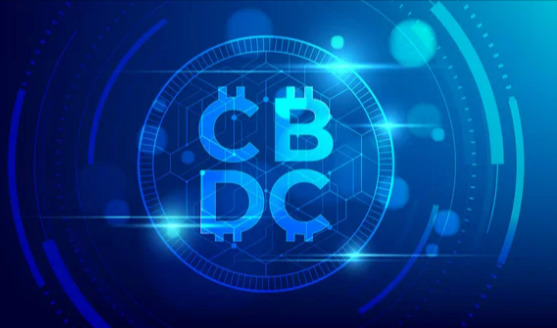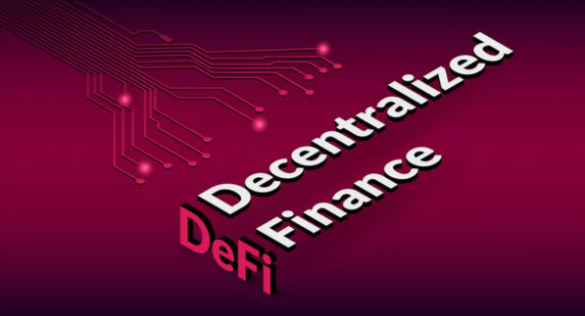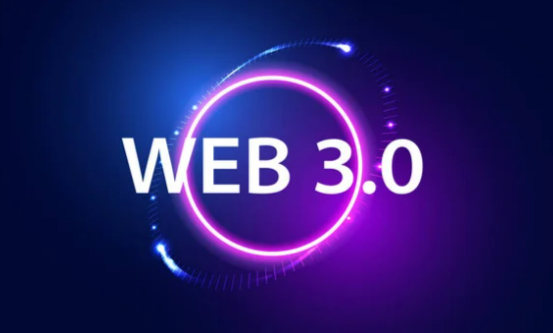RIL’s JFS (Jio Financial Services) will streamline its payment infrastructure in an effort to strengthen the country’s adoption of digital technology.
Table of Contents
Jio Financial Services
Reliance’s entry point into India’s Web3 market will be Ambani’s Jio Financial Services (JFS). Reliance Industries’ financial investment division, JFS, was rebranded from Reliance Strategic Investments in July of this year.
RIL will provide management services for digital assets via JFS. JFS has already partnered with BlackRock, one of the biggest providers of investment services in the world with assets of $100.07 billion as of August 18, as part of the company’s objective.
The Reliance chief also said that Jio Financial Services, JFS, will streamline its payment system and accelerate India’s use of digital technology. Moreover, JFS products will examine ground-breaking features such as platforms built on the blockchain and CBDC.

Blockchain
Bitcoin, non-fungible tokens, CBDCs, and the metaverse are all components of Web 3, and blockchain is the underlying distributed ledger technology that supports them all. Also, decentralized and automated blockchain-based protocols could remove the need for middlemen or other intermediaries in order to streamline financial transactions.
Additionally, unlike traditional servers, information saved on the blockchain is broken up into smaller pieces and distributed around the network, making it more resistant to undesirable changes and intrusions.

Central Bank Digital Currency:
A central bank electronic currency is any fiat money that is supported by blockchain networks but is denoted virtually. Additionally, the Reserve Bank of India (RBI) is working to establish its own CBDC in India.
CBDCs operate similarly to cryptocurrencies, but they are issued and regulated by central banks.
In addition to facilitating online payments, CBDCs can help the RBI reduce money by decreasing its reliance on currency notes.
Moreover, the eRupee, an Indian CBDC, is currently in the advanced stages of its testing, in which a number of significant state-owned and private lenders are taking part, along with a limited number of small, medium, and large-level merchants.
What is India’s Web3:
India’s Web3 is a decentralized platform that doesn’t need approval from centralized authorities, and they can no longer control who can access what services. The exchange of money is facilitated by financial systems such as banks, insurance firms, and stock exchanges.

Characteristics of Web3 in Financial Services:
Transparency:
Web3, a platform based on Blockchain, makes data transferable and transparent. Blockchain encourages dependable transparency between all parties and enhances responsibility due to the correct data recording.
Open-source:
Financial Web3 apps can run on either blockchain, decentralized peer-to-peer networks, or a combination of the two since Web3 is open and available to all users.
Decentralized management and governance:
An unchangeable ledger allows for the decentralized management and control of data. Web3 assists in strengthening both the financial services provided by the financial sectors and the users’ financial experiences.
Need for Web3 in Finance:
Intermediaries are an important part of the financial industry in Web2 as they act as brokers and trust agents, resolving conflicts and providing liquidity to the financial system.
Also, a transaction’s bank account will be abruptly frozen if it appears suspicious or dubious, and recovering it will take a lot of time and work.
Additionally, customers must always give the banks their sensitive personal data in order to make use of the services offered by the banks. Many clients experience frequent funding denials because those with lesser incomes and poor credit histories are not given the attention they need.
Here, Web3 has the ability to address the issues with Web2 in Finance because it is a cutting-edge technology. Its main objective is to provide decentralized alternatives that will lead to enhanced financial reality while delivering solutions to these outdated problems.
RIL’s JFS foray into India’s Web3:
Ambani’s RIL owns companies like Jio’s network services, Jio stores, and petrol pumps. In the months ahead, RIL’s push into blockchain and eRupee may encourage many Indians to use these cutting-edge technologies.
Reliance General Insurance announced in April of this year that it was now taking eRupee CBDC payments for premiums.
Reliance Retail had previously declared in February that it would start accepting CBDC, India’s digital rupee, in all of its Mumbai-based stores. The managing director of Reliance Retail at the time, V Subramaniam, stated that he thought the CBDC system would be superior to the UPI system.
Conclusion:
Thus, Reliance Industries’ Jio Financial Services is emerging as a catalyst for India’s digital future by integrating Web3. Moreover, by streamlining payment infrastructure and collaborating with BlackRock, JFS positions itself at the forefront of digital asset management.
With Reliance Retail and Reliance General Insurance already embracing eRupee CBDC, RIL’s visionary leap stands poised to reshape India’s financial landscape, fostering inclusivity and technological advancement.













